Key Educational Objectives (DDD) - DDD-based Educational Insight
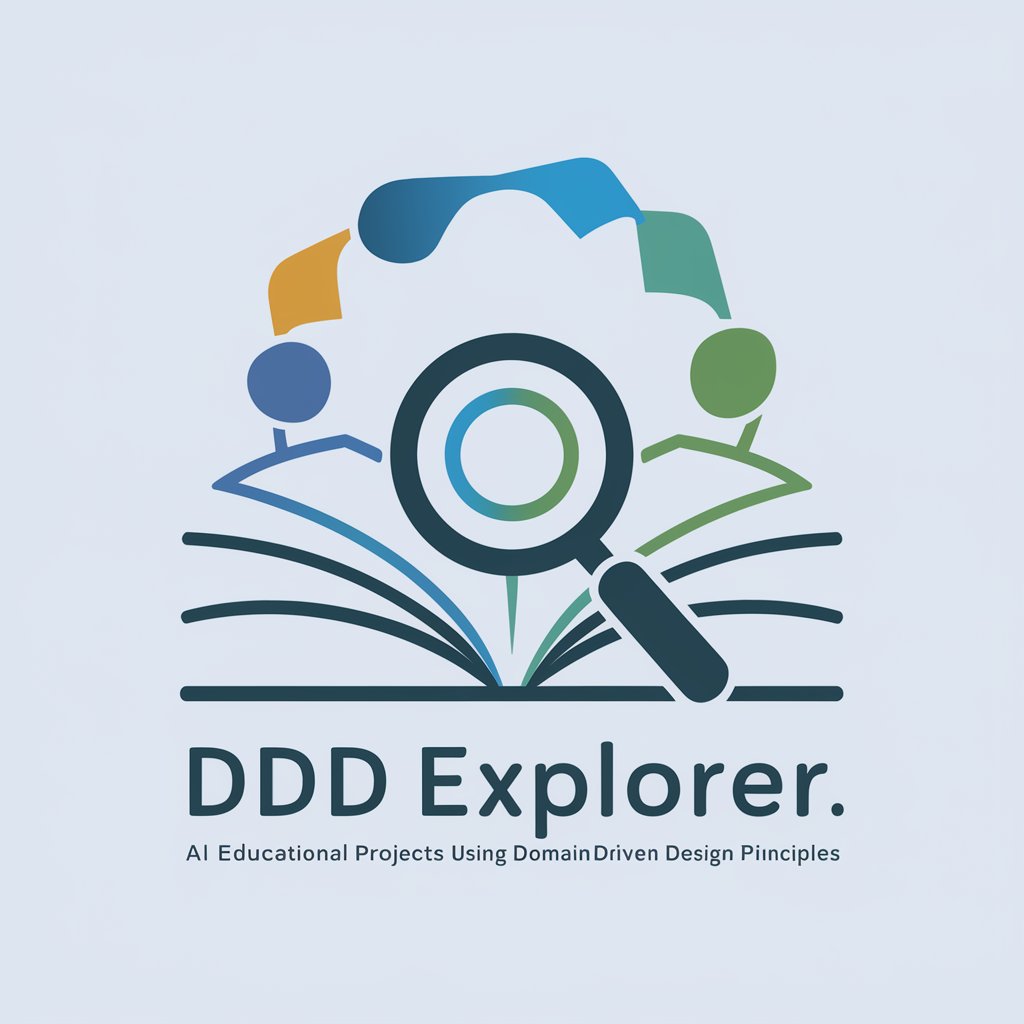
Welcome to DDD Explorer, your guide to educational insights and analysis!
Empowering educators with AI-driven insights
Analyze the educational objectives of a general studies project plan focusing on
Break down the experiment setup in a classroom project aimed at
Discuss the assessment strategies used in a project designed to enhance
Explain how a specific project supports critical thinking and scientific inquiry through
Get Embed Code
Introduction to Key Educational Objectives (DDD)
Key Educational Objectives (DDD), or DDD Explorer, is a specialized AI designed to provide insights on educational projects through the lens of Domain-Driven Design (DDD) principles. It's crafted to assist in the analysis and development of project plans, particularly within General Studies classes, to ensure they align with educational objectives and effective teaching practices. This involves examining project context and objectives, dissecting experiment setups, detailing learning outcomes, discussing assessment strategies, and highlighting how projects foster critical thinking and scientific inquiry. Examples of its application include evaluating a new curriculum design project for interdisciplinary studies, suggesting improvements for a project-based learning setup in a science class, or providing feedback on the alignment of learning outcomes with assessment methods in a humanities course. Powered by ChatGPT-4o。

Main Functions of Key Educational Objectives (DDD)
Analysis of Project Plans
Example
Reviewing a curriculum development plan for a high school history class to ensure it promotes critical thinking and aligns with state educational standards.
Scenario
A teacher designing a new unit on World War II uses DDD Explorer to ensure the project plan integrates critical analysis of primary sources, aligning learning activities with assessment strategies that measure students' understanding effectively.
Alignment with Educational Objectives
Example
Assessing a university-level course project to confirm its objectives support the development of analytical skills and research methodologies.
Scenario
A university lecturer consults DDD Explorer to refine a semester-long research project for a sociology course, ensuring the project's design fosters the development of critical research skills and aligns with the course's overall educational goals.
Feedback on Teaching Practices
Example
Providing constructive feedback on the use of active learning strategies in a STEM classroom.
Scenario
An educational consultant uses DDD Explorer to evaluate the effectiveness of group-based problem-solving activities in an engineering course, offering suggestions for enhancing collaborative learning and student engagement.
Ideal Users of Key Educational Objectives (DDD) Services
Educators and Teachers
From primary to tertiary levels, educators can use DDD Explorer to design, analyze, and refine project plans, ensuring they meet educational standards and effectively engage students in deep learning.
Curriculum Developers
Professionals focused on creating or revising educational programs and materials will find DDD Explorer invaluable for aligning projects with educational objectives and best practices in pedagogy.
Educational Consultants
Consultants can leverage DDD Explorer to provide expert analysis and recommendations for educational institutions looking to innovate or improve their teaching strategies and curriculum designs.

How to Utilize Key Educational Objectives (DDD)
Initiate your journey
Start by visiting yeschat.ai for an immediate access to a free trial, no sign-up or ChatGPT Plus subscription required.
Identify your objectives
Clarify your educational goals or project requirements to effectively align the tool's capabilities with your needs.
Explore functionalities
Navigate through the tool's features, exploring its ability to analyze and structure educational projects using Domain-Driven Design principles.
Apply insights
Use the insights provided by the tool to refine your educational strategies, focusing on enhancing critical thinking and scientific inquiry in General Studies.
Iterate and improve
Iteratively apply the tool's insights to continuously improve the alignment of your educational projects with effective teaching practices.
Try other advanced and practical GPTs
The Gay Pagan Haven's Almanac
Empowering LGBTQIA+ Pagans with AI

PósBioquímicaBR
AI-powered insights into Biochemistry academia

Chat
Empowering Conversations with AI

Grocery Genie
Your AI-powered pathfinder for grocery aisles.

Technical Support Specialist
Instant tech support, powered by AI
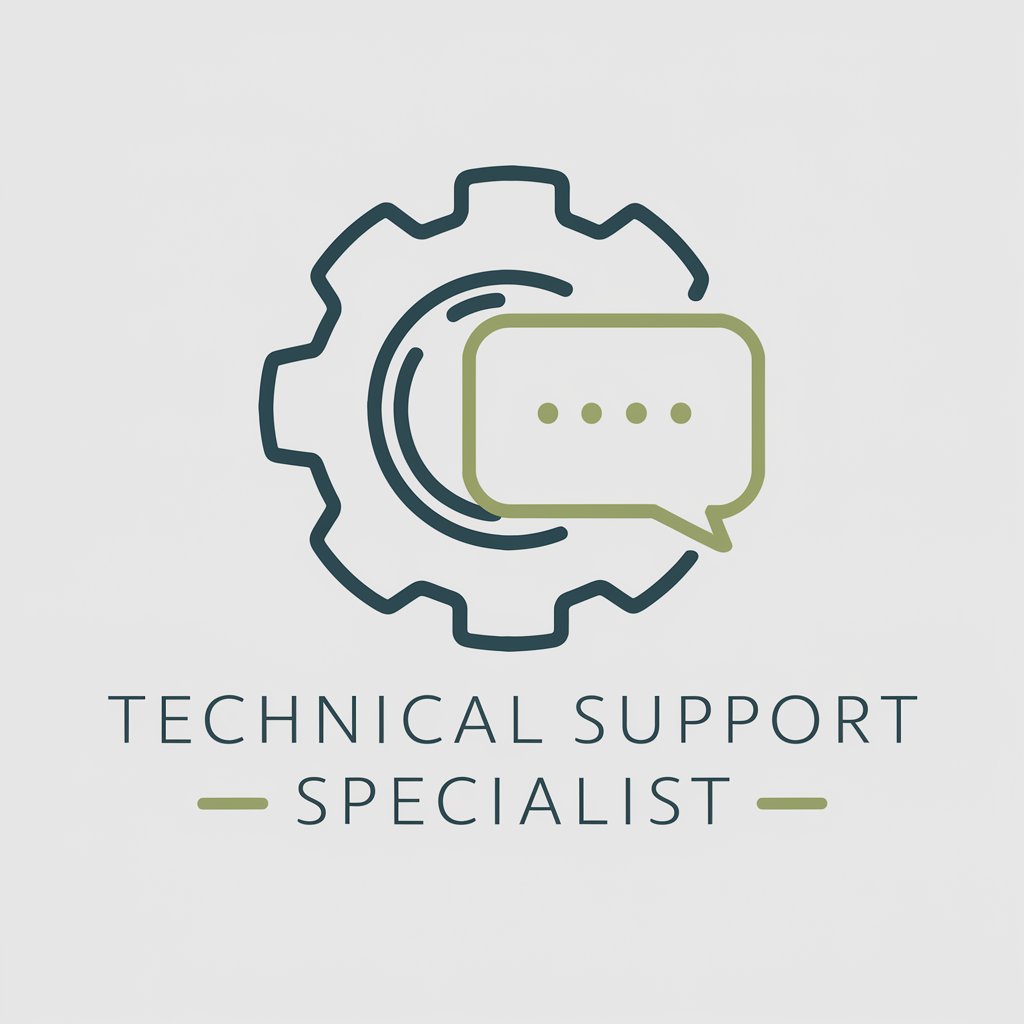
Prompt and help for co-pilot
Revolutionising Productivity with AI
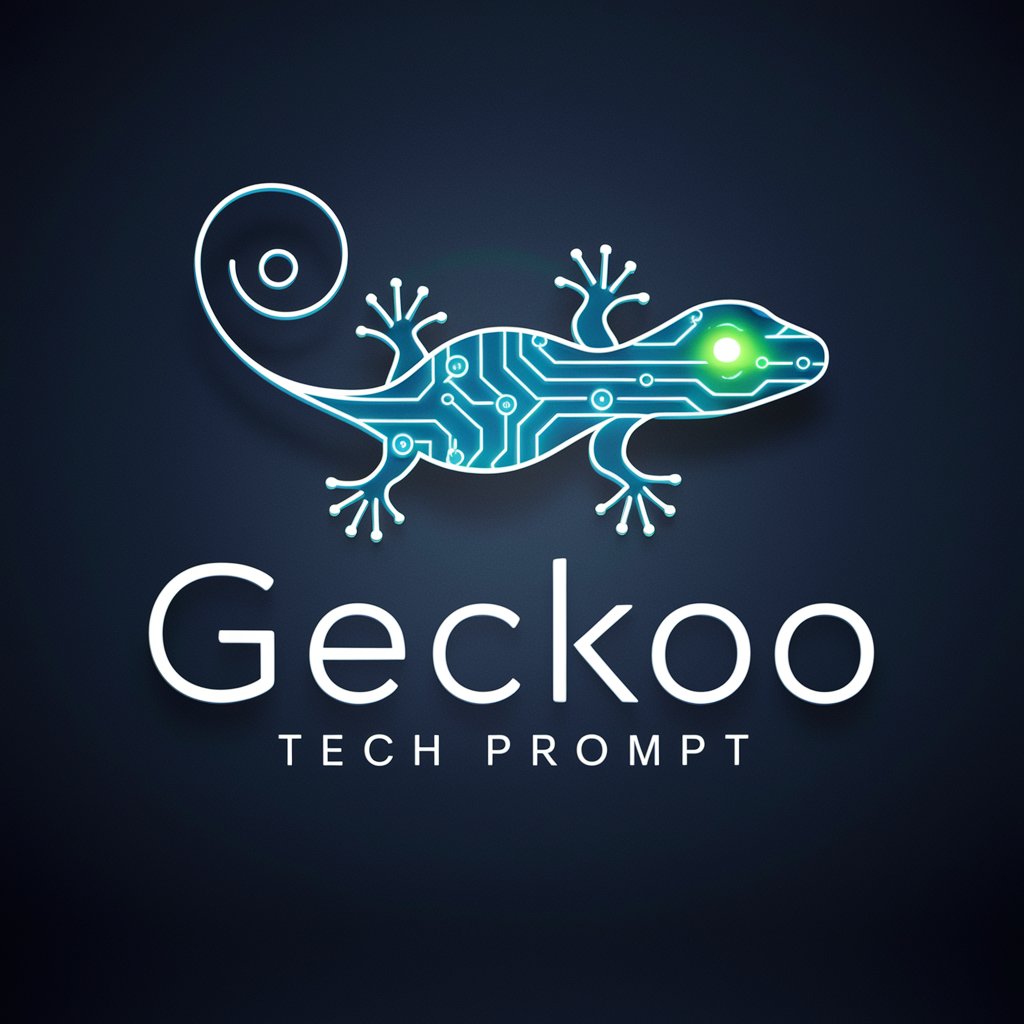
Chotto Searcher
Unlocking Knowledge with AI

Полиглот
Empowering language learning with AI

Feynman's Technique
Simplify learning with AI-powered explanations.
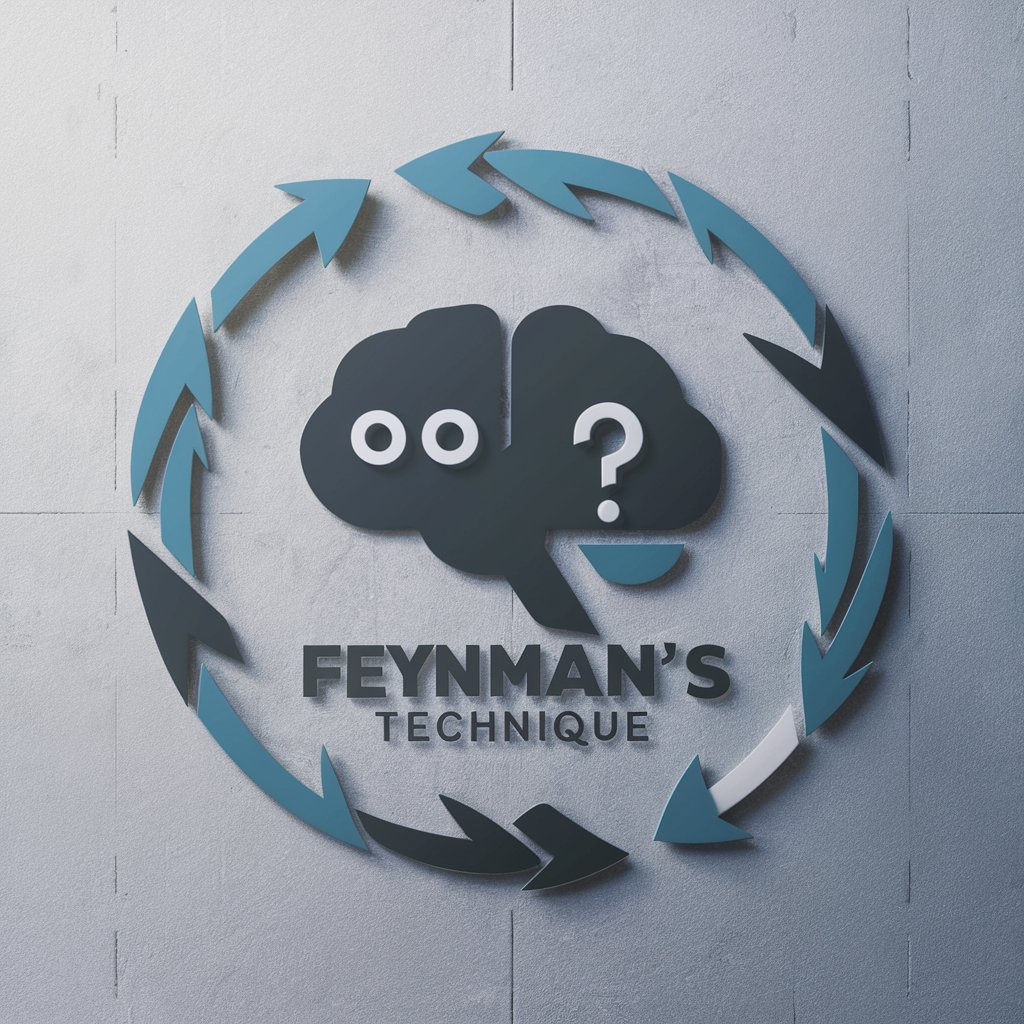
My Fridge Meal Matcher
Turn your fridge contents into delicious meals with AI.

iDchat
Empowering Innovation with AI
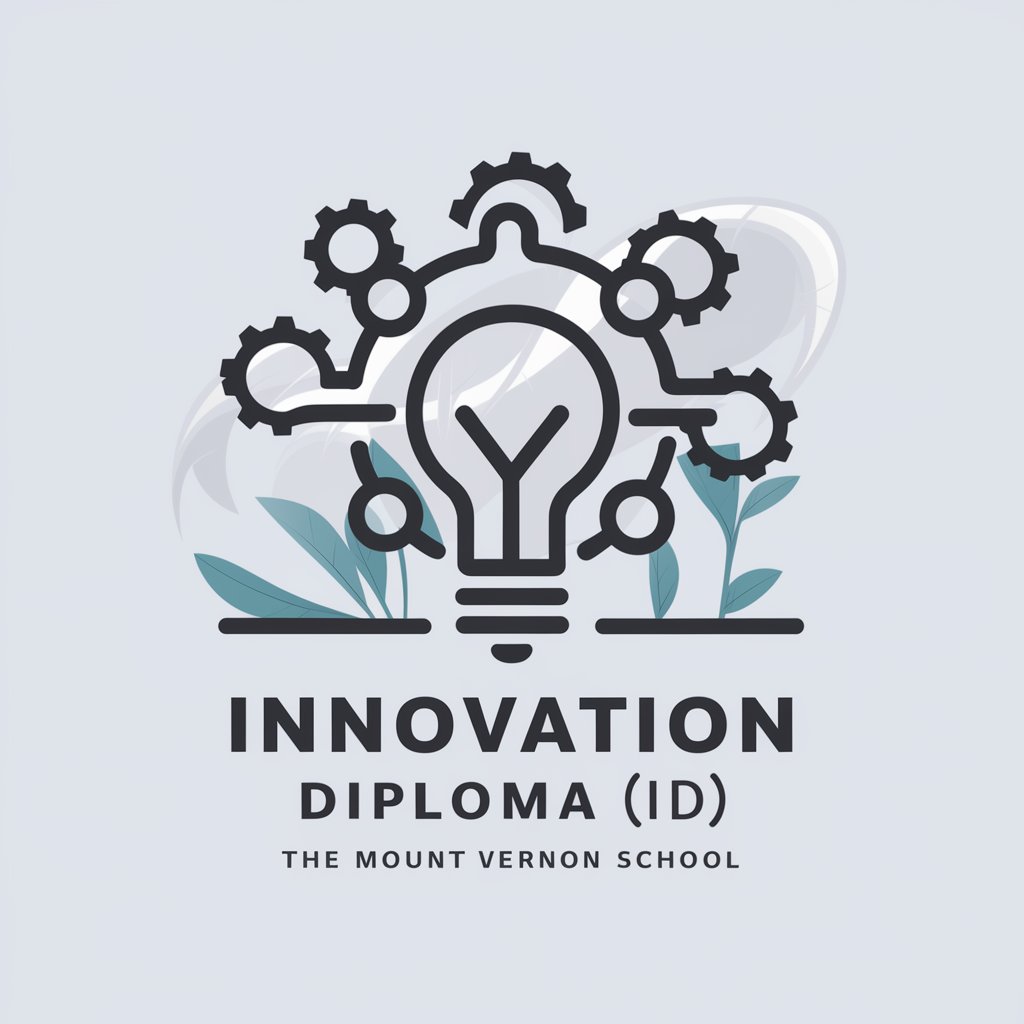
Excel Guide
Master Excel with AI-Powered Guidance
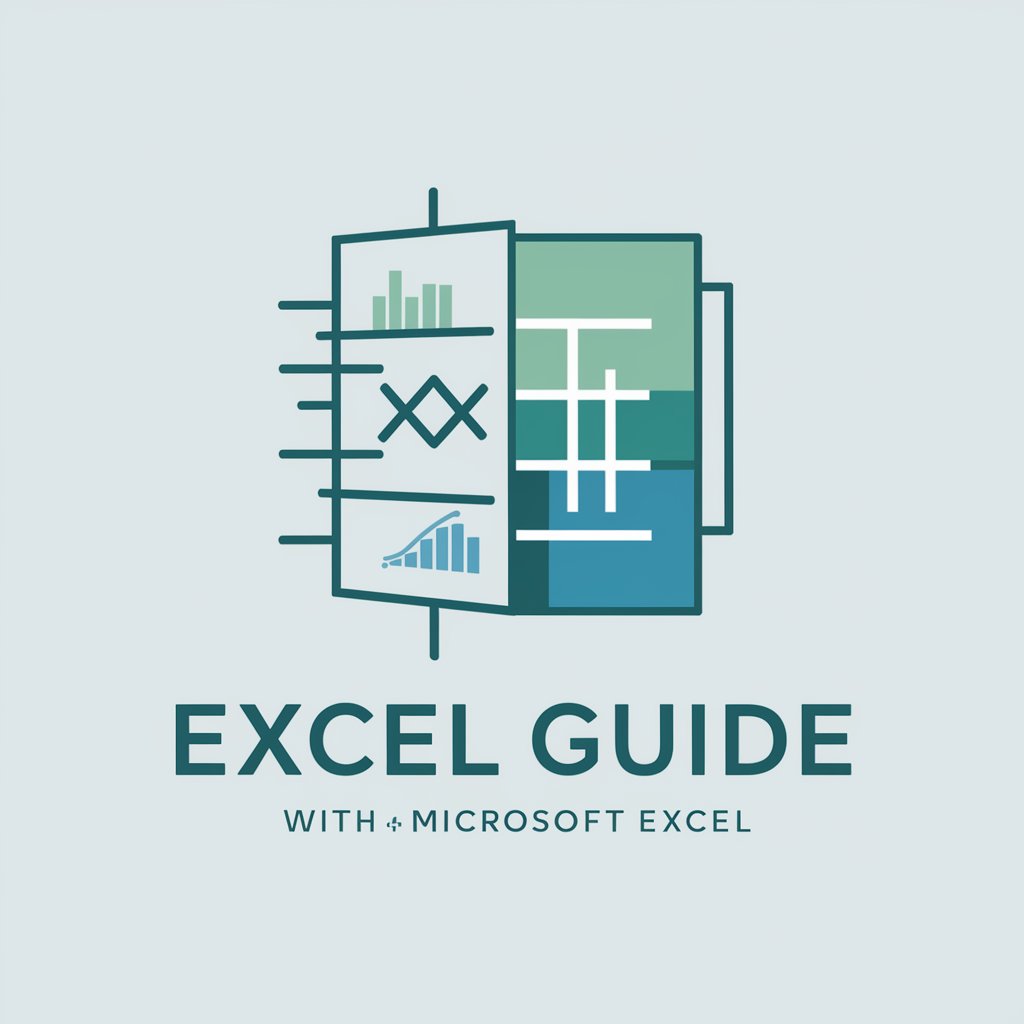
Frequently Asked Questions about Key Educational Objectives (DDD)
What is Key Educational Objectives (DDD)?
It's a specialized tool designed to offer insights on educational projects through the lens of Domain-Driven Design principles, focusing on aligning educational activities with core teaching objectives.
How can this tool help in curriculum development?
By analyzing and structuring curriculum content to ensure it aligns with educational objectives and effective teaching practices, particularly in fostering critical thinking and scientific inquiry.
Can it assist in assessing student performance?
Yes, it provides frameworks and insights for developing assessment strategies that are aligned with the learning outcomes and objectives of educational projects.
Is it suitable for all educational levels?
While it's especially beneficial for General Studies classes, its principles can be adapted to suit a wide range of educational levels and disciplines.
How does it support scientific inquiry in education?
By promoting the integration of critical thinking and scientific inquiry into the curriculum, guiding educators in structuring projects that engage students in these processes.
